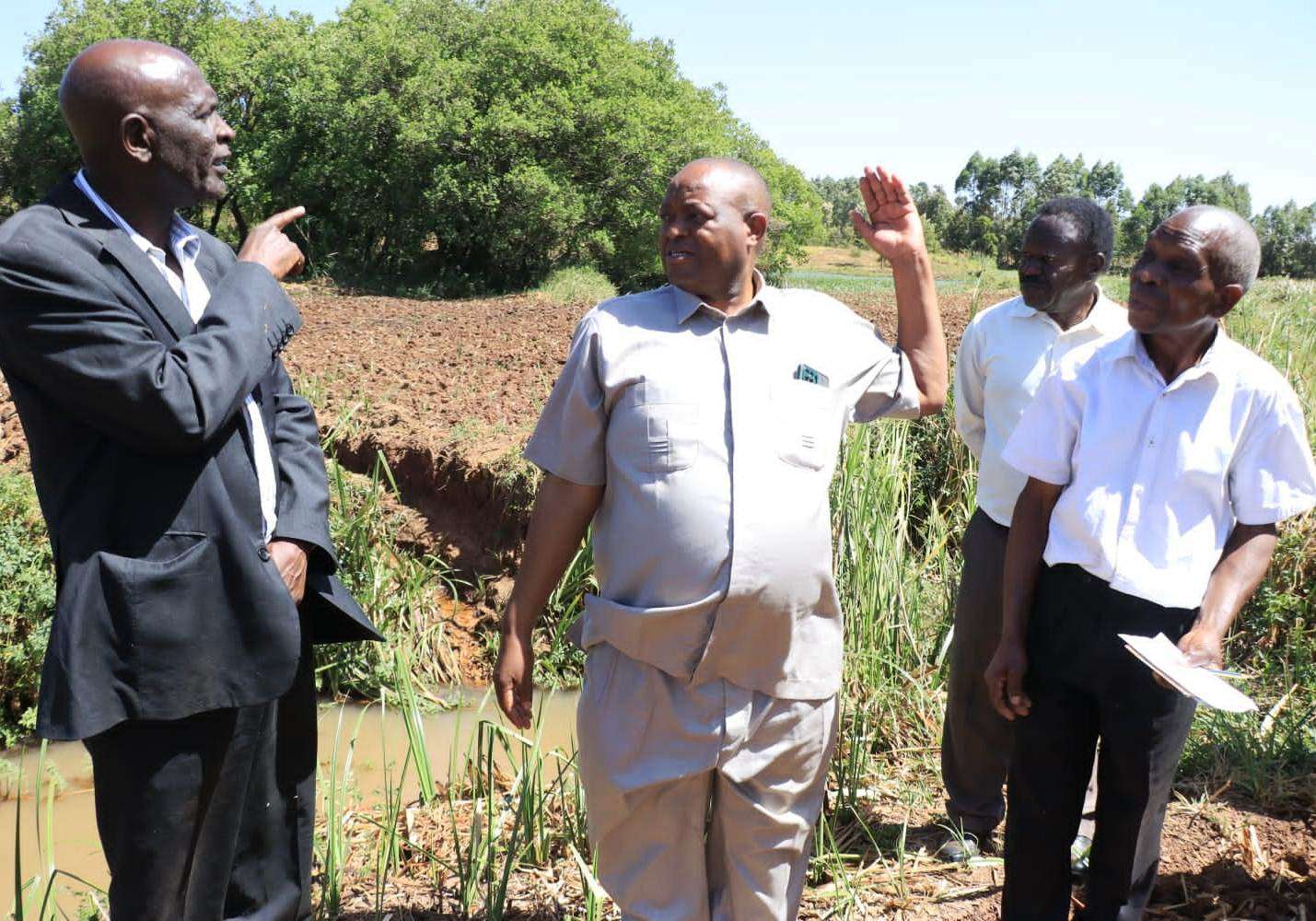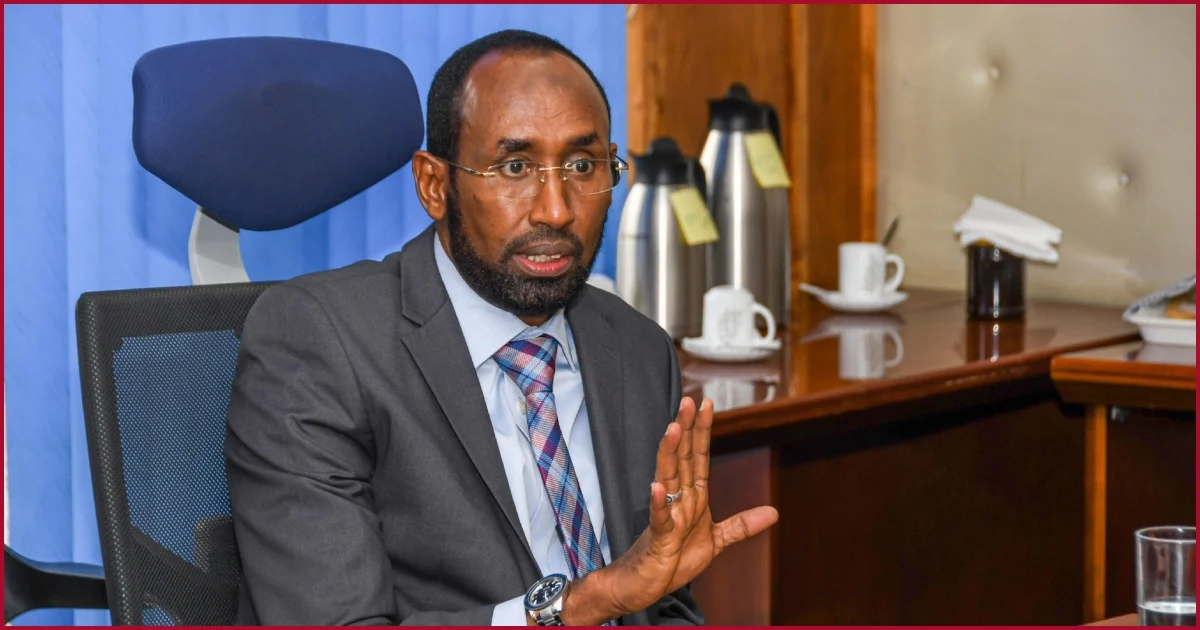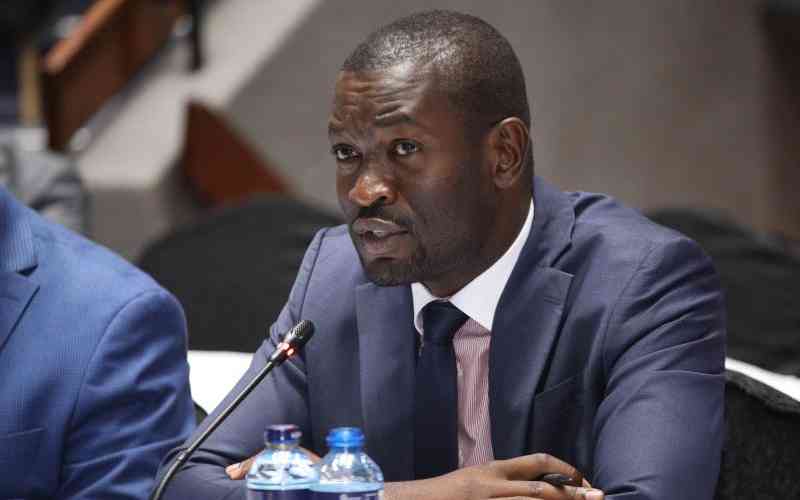As Nairobi’s schools gear up to reopen next week, Governor Johnson Sakaja faces mounting pressure to deliver on unfulfilled campaign promises, chief among them a 2022 pledge to provide free transportation for schoolchildren. With the initiative stalled and other commitments languishing, parents and residents are demanding clarity and action from an administration that has shown promise but struggles with follow-through.
In November 2022, Sakaja unveiled an ambitious plan to offer free transportation for schoolchildren in uniforms during a meeting with matatu operators at City Hall. He assured stakeholders that discussions with traffic police were underway to prevent penalties for exceeding passenger limits, a measure expected to ease the burden on thousands of students facing challenging commutes.
Yet, nearly three years later, the programme remains unimplemented. Speculation points to inadequate engagement with matatu operators, resistance from traffic authorities, or reluctance from operators themselves as potential roadblocks. Frustrated parents are now questioning whether the announcement was a genuine commitment or a mere public relations stunt, pressing Sakaja for answers as the new term looms.
In stark contrast, the ‘Dishi na County’ school feeding programme has emerged as a flagship achievement. Launched in June 2023, it has delivered over 30 million meals to more than 310,000 students across 230 public schools in Nairobi’s 17 sub-counties. Operating on a hub-and-spoke model, 17 central kitchens prepare nutritious meals, which are distributed to schools. Parents pay a nominal KSh 5 per meal, with the county government subsidising the rest.
The initiative has driven a 34% surge in school enrolment, particularly in informal settlements, while boosting student retention and tackling food insecurity. President William Ruto has praised the programme, calling it a model for addressing educational and nutritional challenges.
Despite the feeding programme’s success, several of Sakaja’s campaign pledges remain unfulfilled, fuelling concerns about governance and accountability:
- Special Needs Centres: A promise to establish 17 centres for children with special needs across Nairobi has not materialised.
- Playgrounds in Residential Areas: Laws mandating playgrounds in all residential neighbourhoods have yet to be enforced.
- Borough System: Plans to divide Nairobi into five administrative boroughs, North, South, East, West, and Central, to decentralise services remain stalled, despite budget allocations and public consultations.
- Water Supply: A commitment to meet 85% of Nairobi’s daily water needs by 2023 through drilling and rehabilitating boreholes has seen no progress, with no new boreholes constructed.
A Call for Accountability
As the new school term approaches, Nairobi residents are urging Sakaja to provide clear timelines and actionable plans to address these lingering promises. The success of ‘Dishi na County’ demonstrates the administration’s capacity to deliver transformative projects, yet the lack of progress elsewhere raises questions about prioritisation and execution.
Sakaja’s ability to bridge these gaps will be pivotal in restoring public trust and ensuring essential services reach Nairobi’s residents. With the spotlight on his leadership, the governor must act swiftly to turn pledges into reality or risk further eroding confidence in his administration.





